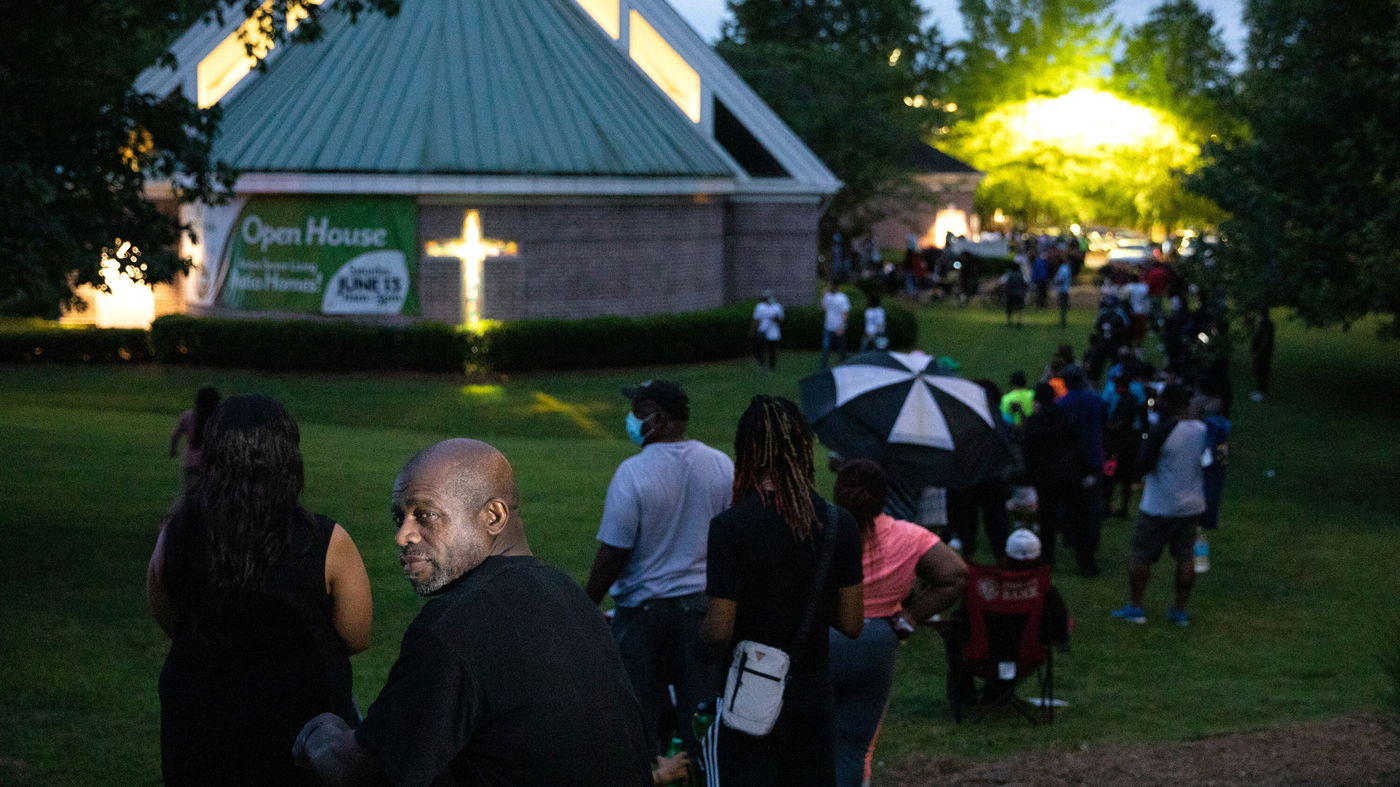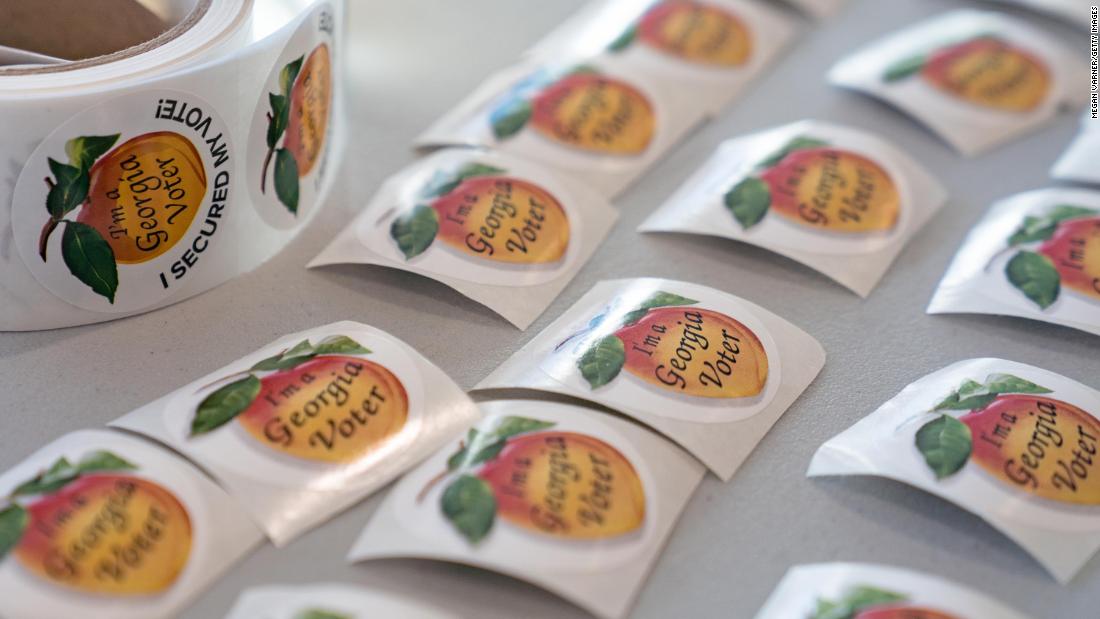I have no idea what State you are talking about or what the situation was before or how many people vote there. So no, I don't know what the demographics are.
In some states, voters had to queue for several hours to vote in some precincts, while there were no delays in affluent neighborhoods. Why?
Why indeed? Since I cannot verify anything you are saying, what do you want my response to be? Some states have large rural populations, versus urban, versus city. I suspect all of those populations have different access.
@Metaphor — Why do YOU think the GOP, when in control, adopts measures that appear to be suppression? Do you have enough intellectual curiosity to investigate why queuing times are so different within one state? Or do you just swallow the QOP lie that such things are happenstance?
No. You have moved the stasis of the argument too far. When did I say they
appeared to be suppression but where not suppression? They appear to be suppression to some Democrats who think the GOP is morally bankrupt, sure, I'll give you that. Funnily enough, however, it is the Democrats who appear to think the appearance to them is the disinterested one.
Every alleged "voter suppression" bill I have seen appears to me to be perfectly reasonable,
including ones that 'restrict' voting conditions but still make voting conditions more 'generous' than some Democrat-run states that nobody complains about. From my perspective, I actually cannot believe how lax some voting conditions are in some American states.


